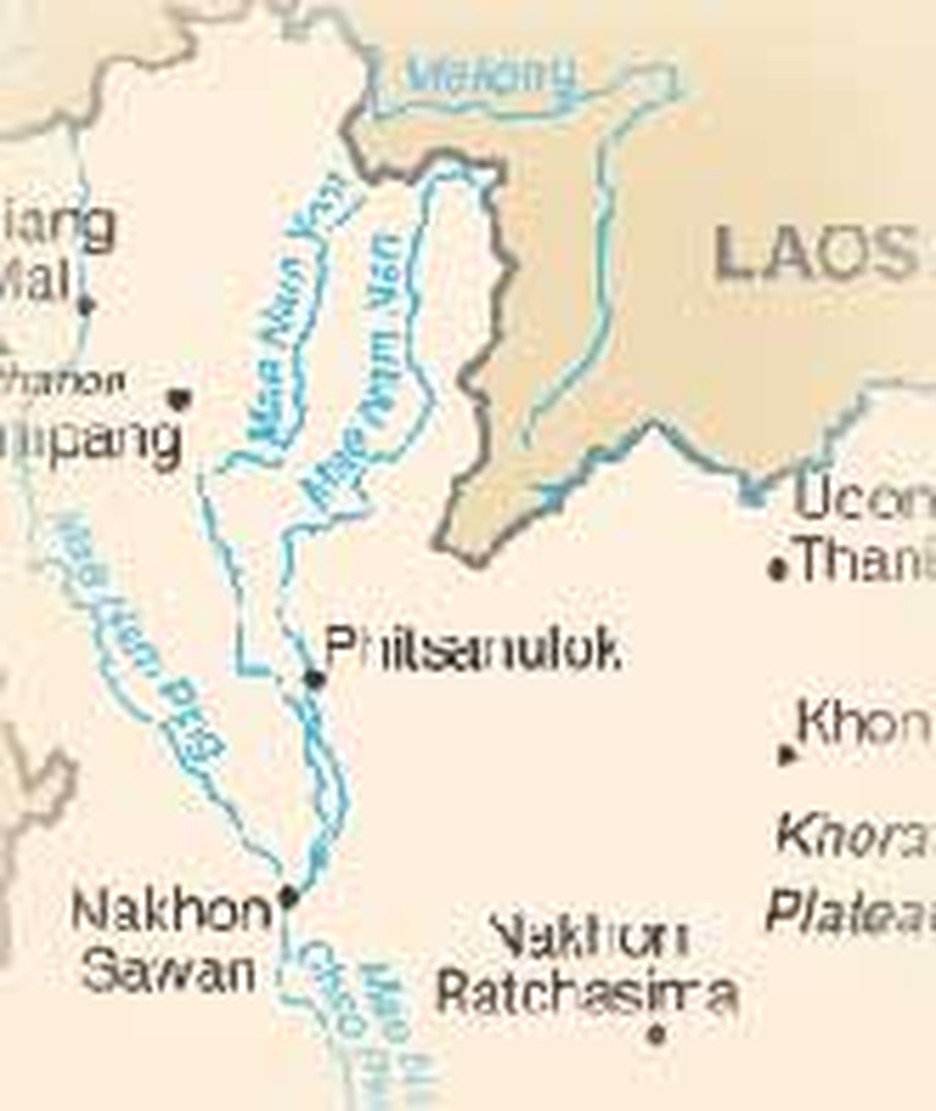
After a giddy youth in which dances and flirtations had a prominent part, vivacious Canadian Isobel Selina Miller drifted into agnosticism and even contemplated suicide. But then she turned back to Christian faith and made up her mind to follow God wholeheartedly. Isobel heard a missionary speak of the satanically oppressed Lisu tribes of Southeast Asia, who had not a word in their language for compassion, forgiveness, mercy, or justice--but hundreds of words to describe the best way to skin someone alive. Isobel pleaded with the Lord to be allowed to serve them as a missionary.
"If you go to China it will be over my dead body," said Isobel's mother. Isobel was aghast. Her mother had raised her in the Christian faith and was a leader in missionary support. Now she was showing that personal affections mattered more to her than Christ's work. What is more, Isobel felt she must obey her mother as the Bible commanded. She was truly perplexed, for God seemed to be calling her to China.
Miraculously the Lord provided the money she needed to attend Moody Bible Institute. Her mother's opposition ended abruptly with death by cancer. On her death bed Mrs. Miller confessed that "Belle" (her daughter's nickname) had chosen the better part and that her own works were as wood, hay, and stubble. Then John Kuhn entered Isobel's life. A few years later they married. John shared Isobel's vision and commitment. Through prayer and pluck the two achieved their goal of reaching the Lisu.
After years of labor, they had won few converts. Belle then had one of the most innovative ideas of their ministry. Why not set up Bible school during the rainy season? Little else could be done during that time. On this day, May 28, 1938, the first Rainy Season Bible School opened. The idea was successful beyond their wildest hopes. Thirty or so students became evangelists and reached distant villages for Christ. Many, on only a few weeks' training, gave their lives for Christ. Some carried the gospel while sick.
Isobel and John suffered greatly in their ministry. Often they were threatened. Sometimes they were separated for as much as a year at a time. During World War II the Japanese held their young daughter in a concentration camp. Every kind of privation dogged their steps.
By God's grace, they triumphed. Belle wrote eight books recounting her experiences with the Lord and his answers to prayer. Above all she wanted to overcome self and see souls won for Christ. "I would fall on my knees and weep before the Lord, asking for his help. And never did he spurn me. He was firm in correcting me but always loving. I have never attained the place where one is beyond the temptations of self. But I want to testify to what God can do to change a human being, one that found she was indeed -- scum." To the Lisu and the many who profited from her books she was a bright light.
Bibliography:
- Kuhn, Isobel. Green Leaf in Drought Time. Chicago: Moody Press, 1957.
- -------------- In the Arena. Chicago: Moody Press, 1958.
- -------------- "Unprepared for the Cost." Moody Monthly. 83 (June, 1983) 46-9.
- "Kuhn, Isobel (Miller)." Anderson, Gerald H. Biographical Dictionary of Christian Missions. New York : Macmillan Reference USA; London : Simon & Schuster and Prentice Hall International, 1998.
- Moreau, A. Scott. "Kuhn, Isobel." Evangelical Dictionary of World Missions. Grand Rapids, Michigan: Baker Books, 2000.
- Robinson, Gail. "Reading Between the Lives." Moody Monthly. 83 (Jun 1983) 43-4.
Last updated April, 2007.


